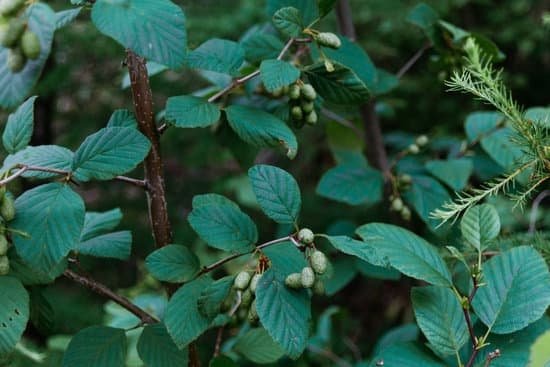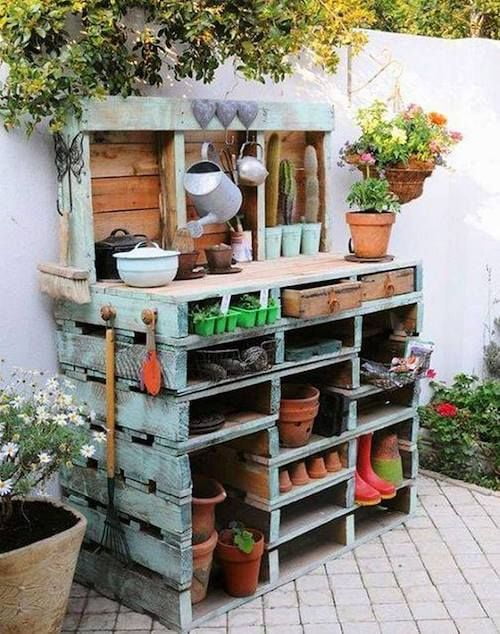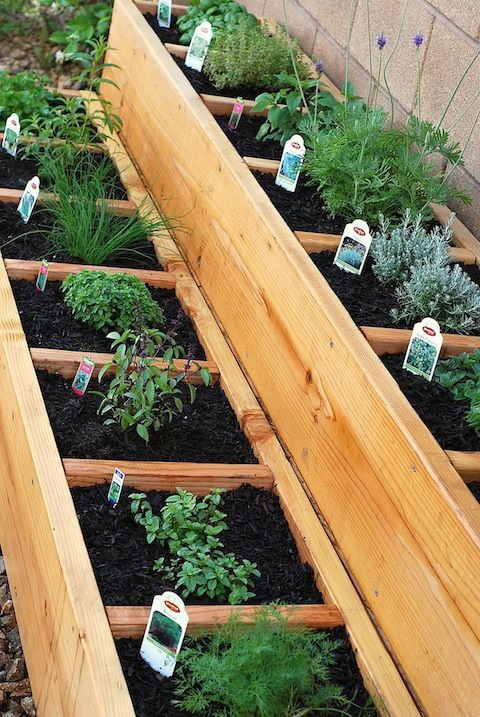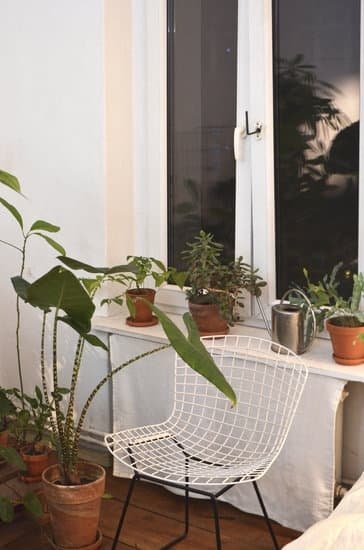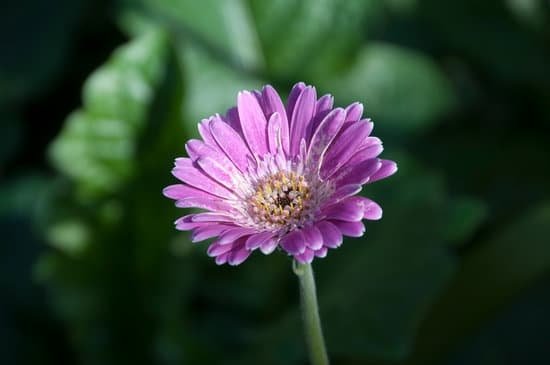Organic Gardening Tips For Beginners
Starting a garden can be a daunting task, but with a few simple organic gardening tips, you can be on your way to a successful harvest. Here are a few things to keep in mind when starting out:
1. Choose the right plants. Not all plants are suited for organic gardening, so be sure to do your research before planting.
2. Amend your soil. A rich, healthy soil is key to success in organic gardening. Add compost or other organic matter to your soil to help it retain moisture and nutrients.
3. Use organic fertilizers. Commercial fertilizers can contain harsh chemicals that can be harmful to plants and soil. Instead, use organic fertilizers such as compost, manure, or fish emulsion.
4. Practice crop rotation. Rotating your crops helps to keep your soil healthy and prevents pests and diseases from building up.
5. Use natural pest control methods. There are many ways to control pests naturally, such as using organic pesticides, traps, or repellents.
6. Water wisely. Watering your plants correctly is essential for healthy growth. Be sure to water deeply and infrequently, rather than shallowly and often.
By following these simple tips, you can create a successful organic garden that will provide you with fresh, healthy produce all season long.
Top 10 Gardening Tips For Beginners
1. Start small. Don’t try to take on too much space or too many plants at once. Start with a few plants and a small garden bed, and work your way up as you get more experienced.
2. Research your plants. Make sure you know what kind of environment each plant needs, and what kind of care they require.
3. Use the right tools. Having the proper tools will make gardening easier and more efficient.
4. Use fertilizers and nutrients. Fertilizers can help your plants grow bigger and healthier, and will help them resist disease and pests.
5. Weed your garden regularly. Weeds can compete with your plants for nutrients and water, and can also harbour pests and diseases.
6. Mulch your garden. Mulching helps to keep the soil moist and prevents weeds from growing.
7. Prune your plants regularly. Pruning will help your plants grow in a healthy and balanced way, and will also help keep them free from pests and diseases.
8. Water your plants regularly. Plants need water to grow and thrive, so make sure you water them regularly, especially during hot weather.
9. Protect your plants from pests and diseases. There are many ways to do this, including using pesticides, organic sprays, and companion planting.
10. Enjoy your garden! Gardening is a fun and rewarding hobby, and it’s also a great way to get some fresh air and exercise.
Beginner Gardening Tips Tricks
When you are first starting out in gardening, it is important to know some basic tips and tricks. Here are a few to help you out:
1. Start with a small garden. This will help you to learn what works best for you and your specific climate.
2. Choose plants that are suited to your climate and soil type.
3. Rotate your crops each year to ensure that you are getting the most benefit from your garden.
4. Mulch your plants to help keep the soil moist and to prevent weeds from growing.
5. Prune your plants regularly to encourage healthy growth.
6. Use organic fertilizers to help keep your plants healthy.
7. Stay on top of pests and diseases, and treat them as soon as you notice them.
8. Keep a garden journal to track what works and what doesn’t in your garden.
9. Have fun and experiment with different plants and gardening techniques.
Gardening Tips For Beginners Kerala
Starting a garden can be a fun and rewarding experience, but it can also be a lot of work. If you are a beginner gardener in Kerala, here are a few tips to help you get started.
Pick the right location. Not every spot in your yard is suitable for a garden. You need to find a spot that gets plenty of sunlight and is close to a water source.
Not every spot in your yard is suitable for a garden. You need to find a spot that gets plenty of sunlight and is close to a water source. Choose the right plants. Not all plants thrive in every climate, so you need to choose plants that are suited for your area. Be sure to research the needs of each plant before you buy them.
Not all plants thrive in every climate, so you need to choose plants that are suited for your area. Be sure to research the needs of each plant before you buy them. Prepare the soil. Before you can plant anything, you need to prepare the soil. This can be done with a garden tiller or by hand. Be sure to add plenty of organic matter to the soil to help it retain moisture and nutrients.
Before you can plant anything, you need to prepare the soil. This can be done with a garden tiller or by hand. Be sure to add plenty of organic matter to the soil to help it retain moisture and nutrients. Mulch. Mulching is a key part of gardening, and it is especially important for beginners. Mulch helps to retain moisture in the soil, keeps weeds under control, and adds nutrients to the soil over time.
Mulching is a key part of gardening, and it is especially important for beginners. Mulch helps to retain moisture in the soil, keeps weeds under control, and adds nutrients to the soil over time. Water regularly. Gardens need water to thrive, so be sure to water your plants regularly, especially during hot weather.
Gardens need water to thrive, so be sure to water your plants regularly, especially during hot weather. Fertilize. Fertilizing your plants is important for their growth and development. Be sure to use a fertilizer that is suited for your plants and soil type.
Fertilizing your plants is important for their growth and development. Be sure to use a fertilizer that is suited for your plants and soil type. Prune. Pruning your plants is an important part of garden maintenance. It helps to keep plants healthy and looking their best.
Pruning your plants is an important part of garden maintenance. It helps to keep plants healthy and looking their best. Enjoy! Gardening is a hobby that can be enjoyed by people of all ages. Take the time to relax and enjoy your garden, and you will soon discover that you are a garden enthusiast.
Home Gardening Tips For Beginners In India
The climate in India is perfect for gardening. The monsoon season brings ample rainfall, and the sunny days are perfect for growing plants. Here are some tips for beginners who want to start gardening in India.
1. Choose the right plants. Not all plants are suitable for growing in India. Choose plants that are native to the region, or plants that are adaptable to the climate.
2. Choose the right location. Gardening in India can be done in a variety of locations, depending on the type of plants you want to grow. Choose a location that gets plenty of sunlight, and is protected from the wind.
3. Prepare the soil. The soil in India is typically sandy and has a low pH. You may need to add some organic matter to the soil to make it more fertile.
4. Water the plants regularly. The plants in India need plenty of water, especially during the summer months. Make sure to water the plants regularly, and give them a good soaking once a week.
5. fertilize the plants. The soil in India is typically low in nutrients, so you will need to fertilize the plants regularly. Use a balanced fertilizer, and follow the instructions on the package.
6. Protect the plants from pests and diseases. The plants in India are susceptible to pests and diseases. Protect them by using pesticides and fungicides as needed.
7. Harvest the fruits and vegetables. The fruits and vegetables grown in India are delicious and nutritious. Harvest them when they are ripe, and enjoy them fresh from the garden.

Welcome to my gardening blog! I am passionate about plants and enjoy sharing my knowledge and experiences with others. In this blog, I will write about everything related to gardening, from tips on how to get started to updates on my own garden projects.

